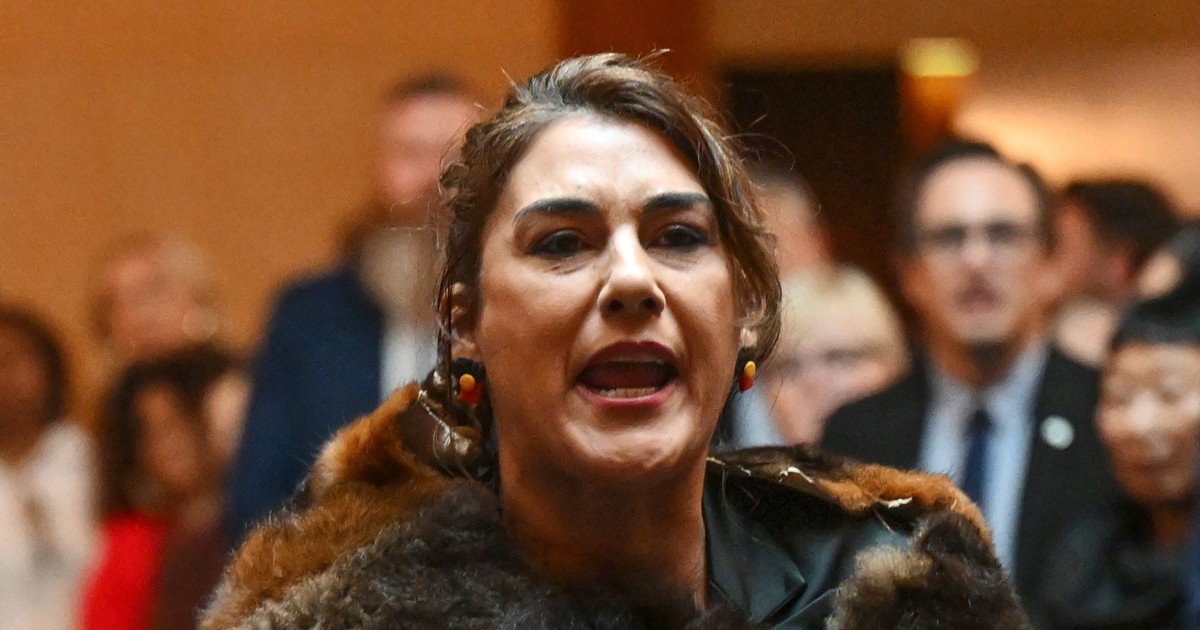Key Points
- High ranking Australian soldiers have been stripped of their war medals.
- Defence Minister Richard Marles has sent letters to the relevant senior soldiers of his decision.
- Defence has implemented all recommendations from the Brereton inquiry into alleged war crimes during the Afghan war.
Up to nine Australian commanders who served in the Afghan war have been stripped of their awards, following an investigation into alleged war crimes.
At least four other senior soldiers who were under review have been allowed to keep their citations.
Those affected have been informed of the decision in a letter over the last 24 hours.
Defence Minister Richard Marles made the final call, but he has not revealed exactly how many are affected or who they are.
The rank of those losing their citations is also being kept secret. The government maintains that’s to comply with privacy laws.
“More than 26,000 people served in Afghanistan during this period,” Marles said.
“Whilst this decision may be difficult for a small number, it does not diminish the service and legacy of the majority of those who served or supported operations there.”
The action does not apply to soldiers who have been directly accused of war crimes, rather it targets those in the chain of command at troop, squadron and task group level.
There are separate criminal investigations being conducted into direct allegations of war crimes.
“Any prosecutions which are pursued by the Office of the Special Investigator will take years to complete,” Marles told parliament on Thursday morning.
Command group was ‘accountable’ over war crimes
Marles decided to revoke the honours as he moved to finalise the government’s response to the explosive findings of the Brereton inquiry into alleged war crimes.
“The allegations which are the subject of the Brereton Report are arguably the most serious allegations of Australian war crimes in our history,” he said.
“This will always be a matter of national shame.”
In 2020, the Inspector-General of the Australian Defence Force, Major General Paul Brereton, recommended 19 soldiers face investigation for the “murder” of 39 prisoners and civilians.
The report recommended a review of awards for those in command positions during Special Operations Task Group rotations for undisclosed years and a review of those in command positions in the Special Air Service Regiment between 2008 and 2012.
Advocates have been deeply angry that those at the very top of the chain of command are not having their medals reviewed.
The Brereton inquiry found “no credible information” troop, squadron, and task group leaders knew war crimes were being committed.
But the report went on to assert they bore “moral command responsibility and accountability”.
Former Defence Force chief Angus Campbell has faced pressure to be ultimately held to account and his medals cancelled.
But Marles has followed the Brereton findings that indicate higher headquarters and defence top brass were too removed and faced deceit and resistance when they tried to investigate.
When the Brereton report was first released, Campbell had pledged to strip meritorious awards from thousands of Australian Special Forces soldiers, but the former Morrison government blocked that move.
The Albanese government has no plans to revisit that decision.
Afghanistan inquiry now ‘closed’
The Brereton report had made 143 recommendations, and the government says 139 have now been dealt with.
Four recommendations are on hold as they are under consideration by the Office of the Special Investigator.
ADF members and their families can call the Defence all-hours Support Line, a confidential telephone and online service, on 1800 628 036.
Open Arms provides 24-hour free and confidential counselling and support for current and former ADF members and their families on 1800 011 046.
Defence personnel, contemporary veterans, and their families can also contact national support services provider Soldier On during office hours 1300 620 380.

/https%3A%2F%2Ftf-cmsv2-smithsonianmag-media.s3.amazonaws.com%2Ffiler_public%2F4e%2Fb4%2F4eb494e8-d6cf-4fd0-b16a-1359d4ce19f9%2Fgettyimages-539724027.jpg)



